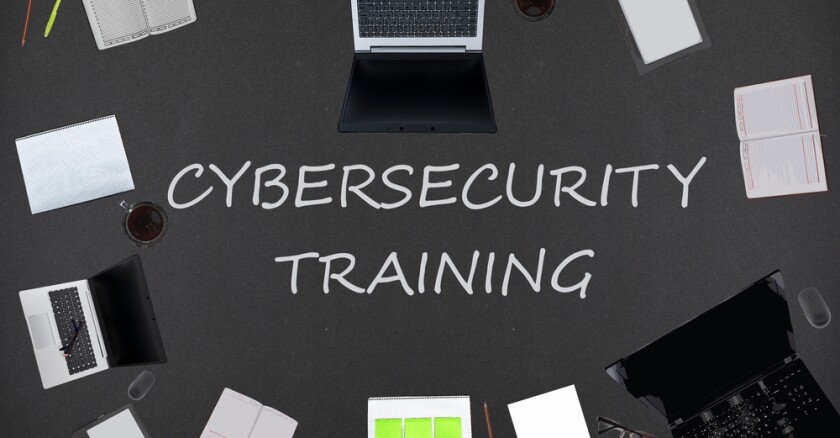Chuck Gardner, senior director of government and nonprofit engagement at Cyber.org, said the Project Access program, now in its second year, is funded through the Cybersecurity and Infrastructure Security Agency (CISA)’s Cybersecurity Education and Training Assistance Program (CETAP) grant, which supports a series of camps in partnership with local organizations that help blind and vision-impaired students between the ages of 13-21 develop key cybersecurity skills. He said the program’s camps this year are in Littleton, Colo.; Richmond, Va.; Ewing, N.J.; and Leawood, Mo.
“There are a lot of jobs to fill, and what this student population provides is a unique set of problem-solvers who have been solving problems in unique and inventive ways [throughout life] since day one,” Gardner said. “Six-hundred thousand jobs. We’ve got a population willing and able.”
Among recent developments, Gardner said, the nonprofit unveiled their Cyber.org Range, a virtual simulation environment to train students how to respond to malicious cyber attacks.
“Every student gets a Windows-based laptop. We install a virtual machine handler, and then we give them various distributions of Linux, and we make use of the assistive technology that comes pre-loaded in a lot of Linux distributions,” he said, noting that the nonprofit has also offered robotics camps. “It’s just been a brilliant opportunity to give these students the opportunity to practice Linux command line, to learn text-based coding, and also see a future in cybersecurity as they run through a password attack [simulation] or they launch a credential-harvesting attack.”
Gardner noted that the program was first piloted in 2017 in partnership with Virginia’s Department for the Blind and Vision Impaired (DBVI), which helped to develop blind and vision-impaired-accessible curricula using assistive technologies. According to a news release last year, the program had resulted in 94 percent of participating students planning to study cybersecurity in college, pursue cybersecurity credentials or go directly into the cybersecurity workforce.
“We began [first by] developing libraries of curriculum resources to support teachers with professional development regionally, across the state of Louisiana, and a little bit into Texas [and] Arkansas. ... We have thousands of hours of curriculum for elementary, middle and high school teachers to bring actionable, relevant cybersecurity conversations into their classrooms,” he said. “We’re also preparing students for credentials while they’re in high school so that they can graduate and enter the workforce.”
Gardner said the program plans to expand its footprint after this year’s camps by training more teachers to lead cybersecurity training courses for blind and vision-impaired students using assistive technologies. Moving forward, Gardner said the program hopes to expand Project Access to other states through similar partnerships in Virginia and Colorado.
“We want to get to a point where this is scalable to impact more students across the country, so that means we must have a ‘train-the-trainer’ model,” he said. “Most of the teachers that we deal with weren’t trained as cyber or cybersecurity professionals. ... We’d love to see more of a ‘train-the-trainer’ model where state agencies or organizations that provide services to students with disabilities are coming to us to train up their staff on how to engage students with text-based programming on Linux.”















